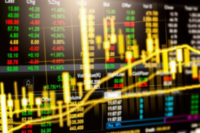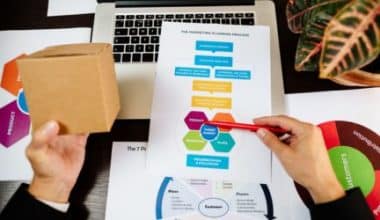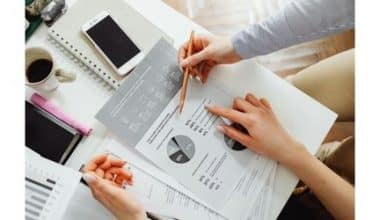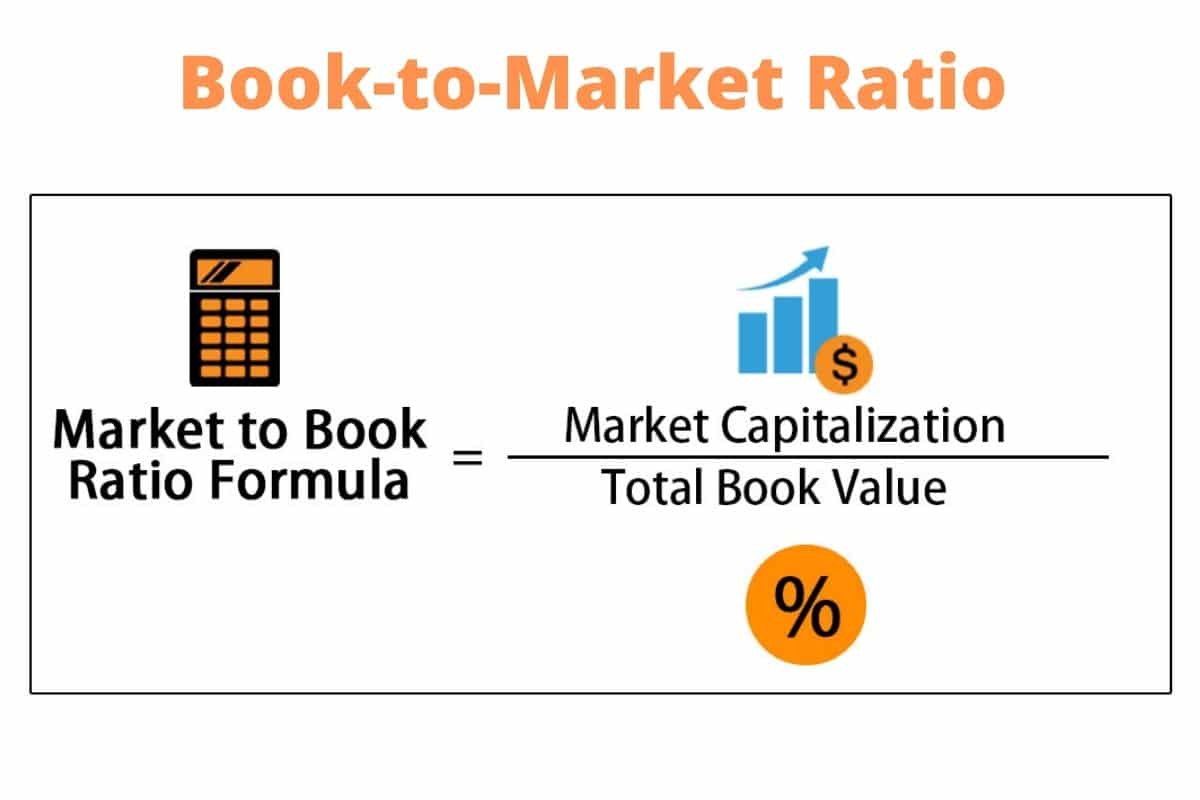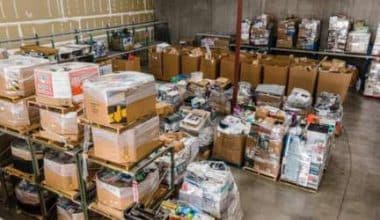Special commodities such as crude oil, iron ore, and other precious metals are important to the global economy because they provide the raw materials needed to power the manufacturing sector. Therefore, they offer an opportunity for investors to profit from the ever-changing prices. However, investing in these commodities may not be a walk in the park. It requires knowledge and carries more risks than investing in stocks and bonds.
Indeed commodity trading could be challenging for beginners and even experienced traders. It features unique challenges compared to those encountered by equity traders. But commodity trading is an upcoming form of trading worth learning, read this guide to discover how to start commodity trading on PrimeXBT.
Determine the Commodities to Trade-In
The market deals in four types of commodities:
- Energy
- Metals
- Agricultural products
- Livestock
- Energy
The energy products traded on the market include natural oils, ethanol, coal, and uranium. It also includes solar and winds power.
Metals
They include precious metals such as gold, platinum, palladium, silver, and copper. Others include iron ore, zinc, and aluminum.
Agricultural products
You can trade in edible products like sugar, cocoa, wheat, cotton, rubber, palm oil, and cotton.
Livestock
The products you can trade here include cattle and hogs. Thus it would be best to familiarize yourself with these commodities, including the exchanges where they are traded before you get started. Some of the exchanges where commodities are traded include Multi Commodity Exchanges of India and National Commodity and Derivative exchanges.
Select The Stockbroker
And even when you decide to trade in commodities, you must select an efficient and reliable stockbroker. Firstly, ensure they are registered and regulated by the country’s security exchange board. Select a knowledgeable trader who will keep you informed about the listed commodities and make recommendations.
Check the brokerage fee charged, the commissions to be paid, the platform fee, etc. Also, check out the services they provide.
Open A Commodity Trading Account.
Once you select a broker to use in trading commodities, the next important thing you must do is to open an account through which you can execute your trades. Here, you will be required to provide details like your financial status, name, age, income, etc. If the account is approved, you may need to deposit some money.
Initial Deposit
You will be required to deposit some money into the account before you start trading. Different brokers charge different amounts of money as the initial deposit. It may range from 5-10% of the contract value.
Design a Trading Plan
At this point, the formalities of creating and funding your account are over. Therefore, you need to develop a trading plan that will work for you. The plan helps you to understand the market and your financial capabilities. It will also help you mitigate risks and adopt a personal style that works for you. However, never jump onto other traders’ plans. You must test it and see if it is working for you.
But you may need to do some research and acquire the requisite knowledge and practices to help you trade commodities. Your trading broker could help you perfect your trading plan. They should provide information about the market to help you trade better. Also, the broker should provide the technical and the fundamental tools you need to make an effective trading plan. They should also suggest strategies you can use to suit your trading styles and objectives.
Decide How To Trade Commodities
There are different ways of trading commodities. You may trade futures contracts, buy stocks of the company that deals in the commodity you are interested in, or trade through mutual funds. You may also trade through commodity pools and managed futures where you buy into the fund and allow them to utilize the funds by investing in commodities.
What Abilities Are Required for Trading Commodities?
The ability to quickly analyze situations, solve issues, and draw conclusions are essential for a commodities trader. Both strong communication skills and excellent numeracy abilities are essential for this position.
What Product Is the Safest to Trade?
The gold market is diverse and expanding. It is utilized in technology, jewelry, by central banks and investors, and at various points in the history of the world economy. Historically, investing in precious metals has been risk-free and inflation-hedged.
Are Commodities Preferable Than Forex?
Commodities have a daily range limit since they are traded on an exchange. Once these limitations have been reached, no trades can be made. On the other hand, compared to commodities markets, the forex market makes it more simpler to close off a trade after a brief loss.
Which Trading Strategy Is the Simplest?
With a market order, the most basic and typical kind of stock trading is executed. Market orders signify your willingness to accept the price that is offered to you at the time your order is put into action.
Is Trading in Commodities Challenging?
Commodity trading is challenging because unpredictable elements like weather and political unrest can have a significant impact on prices. Continue reading to discover several different strategies to invest in commodities as well as the fundamentals of how commodities trading operates.
Final Thoughts
This guide will help you get started in trading commodities. However, you will need to practice different techniques and trading methods to determine one that works for you. Ensure to liaise with your broker and other traders to find a strategy that can work for you.
